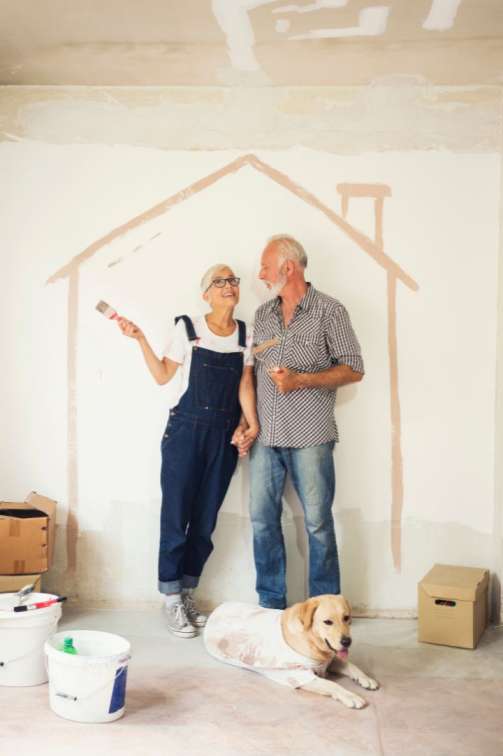
halal mortgage
A halal mortgage in Canada is a financing option that complies with Islamic principles and guidelines. This means that the mortgage must be structured in a way that avoids interest, which is prohibited in Islamic finance. Instead, the lender and borrower agree on a profit-sharing arrangement, where the lender provides the funds to purchase the property and the borrower pays back the loan through regular installments, which include a portion of the property’s rental income. Over time, as the borrower makes payments, their ownership share of the property increases until they eventually own the entire property outright.
Types of halal mortgage
There are different types of halal mortgages available in the market. Some of the most common types include:
- Murabaha Mortgage: This type of mortgage is a cost-plus financing arrangement, where the bank or lender purchases the property on behalf of the borrower and sells it back to them at a higher price, which includes a profit margin. The borrower then pays back the cost of the property plus the profit margin over a specified period.
- Musharakah Mortgage: This type of mortgage is a joint-venture partnership between the bank or lender and the borrower, where both parties contribute a percentage of the property’s purchase price. The bank or lender provides the majority of the financing and the borrower contributes the rest. The property is co-owned by both parties, and the borrower gradually buys out the lender’s share over time.
- Ijara Mortgage: This type of mortgage is a lease-to-own arrangement, where the bank or lender purchases the property and leases it to the borrower for a specified period. The borrower makes monthly lease payments, including a portion for rent and a portion for buying the property. At the end of the lease period, the borrower has the option to purchase the property at an agreed-upon price.


Qualifying for Halal mortgages in Canada
- Good credit score: Lenders will check your credit score to determine your creditworthiness. A higher credit score can help you qualify for better interest rates and mortgage terms.
- Steady income: You will need to have a steady source of income to make regular mortgage payments. Lenders will usually require proof of employment, such as pay stubs or a letter from your employer.
- Down payment: You will need to have a down payment to qualify for a halal mortgage. The amount of the down payment will depend on the lender and the type of mortgage you are applying for.
- Appraisal: The lender will require an appraisal of the property to ensure that it is worth the amount being borrowed.
- Shariah compliance: The mortgage must comply with Islamic financing principles, such as avoiding interest-based transactions.
The pros and cons of halal mortgages
Halal mortgages, which are designed to comply with Islamic principles and guidelines, offer certain advantages and disadvantages compared to traditional mortgages. Here are some of the pros and cons of halal mortgages:
Pros:
- Compliance with Islamic principles: Halal mortgages are structured in a way that avoids interest, which is prohibited in Islamic finance. This allows borrowers to buy a home without violating their religious beliefs.
- Shared ownership: In a halal mortgage, the lender and borrower share ownership of the property, which means that the lender has a stake in the property and is motivated to help the borrower succeed.
- Transparency: Halal mortgages are designed to be transparent, with clearly defined terms and conditions that are disclosed upfront. This helps borrowers to understand their obligations and avoid hidden fees or charges.
Cons:
- Higher costs: Halal mortgages can be more expensive than traditional mortgages, as lenders may charge additional fees to cover their costs and risks.
- Limited availability: Halal mortgages may not be widely available, and borrowers may have limited options when it comes to choosing a lender or product.
- Property restrictions: Some halal mortgages may have restrictions on the types of properties that can be financed, which can limit borrowers’ choices.
- Limited flexibility: Halal mortgages may have less flexibility than traditional mortgages, with fewer options for repayment or refinancing.
Overall, halal mortgages can be a good option for Muslim homebuyers who want to comply with their religious beliefs. However, it’s important to do your research, compare different lenders and products, and consult with a financial advisor to determine whether a halal mortgage is the best option for your needs.


Canadian lenders offer halal mortgages
Several Canadian lenders offer halal mortgages, including:
- Canadian Halal Financial Corporation
- Eqraz
- Manzil
Eqraz and Manzil are both members of the Accounting and Auditing Organization for Islamic Financial Institutes (AAOIFI). AAOIFI is an international non-profit organization located in Bahrain which regulates Islamic finance organizations.
The Canadian Halal Financial Corporation is not a member of the AAOIFI, but it does adhere to the organization’s standards and has had its products deemed halal by experts in Sharia law.
In addition to the three Canadian halal mortgage providers, there is also a US-based company called IjaraCDC that offers halal mortgages to Canadians.
BUY YOUR HOME WITH CONFIDENCE
BUYING A HOME IN Lower mainland, BC
Homeownership is a blessing, and with a halal mortgage, it can also be a fulfillment of your faith. Don’t let the fear of interest-based financing hold you back from achieving your dreams. With a halal mortgage, you can confidently invest in your future and your family’s future, while also remaining true to your values.
01
Where do you want to live?
02
Do you like particular neighbourhoods or communities?
03
What kind of house would you like?
04
Do you have a specific style in your mind?
05
How many bedrooms and bathrooms do you want?
Before you start looking for a home, you should ask yourself a few questions:
BUYER'S GUIDE
Searching for your dream home can be a time-consuming experience. Working with Mak Kabir will make the process much more efficient!


